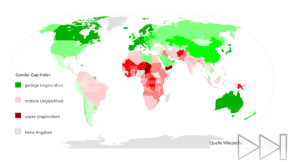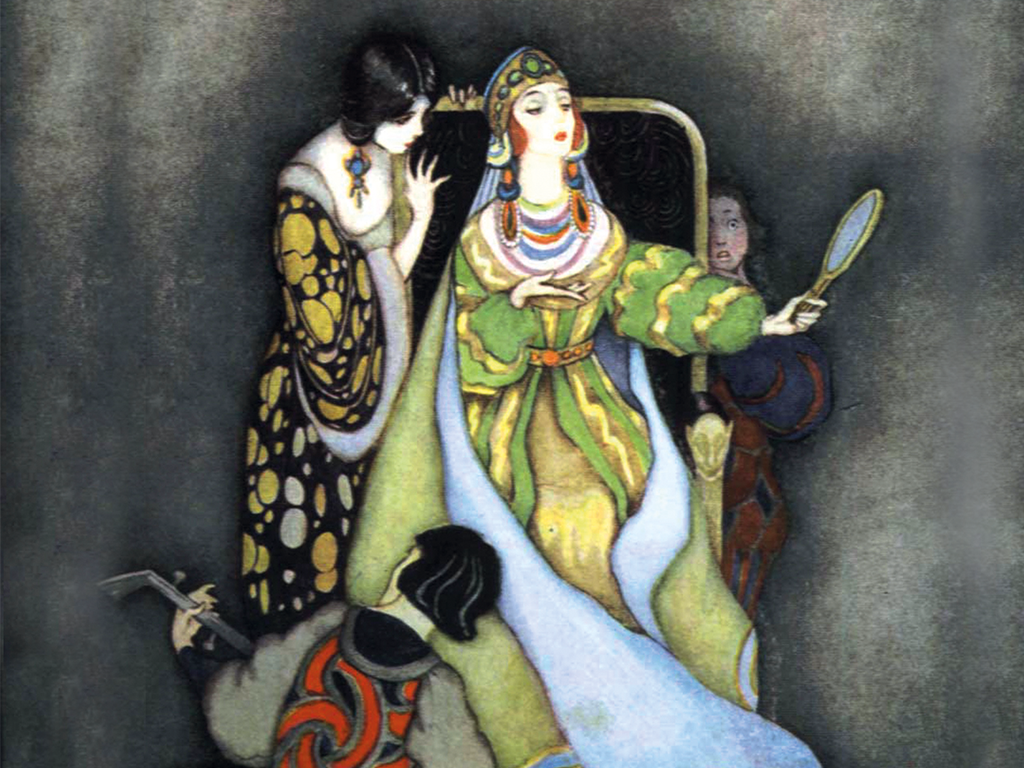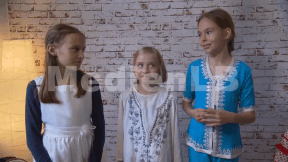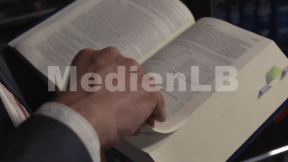 Music
Music
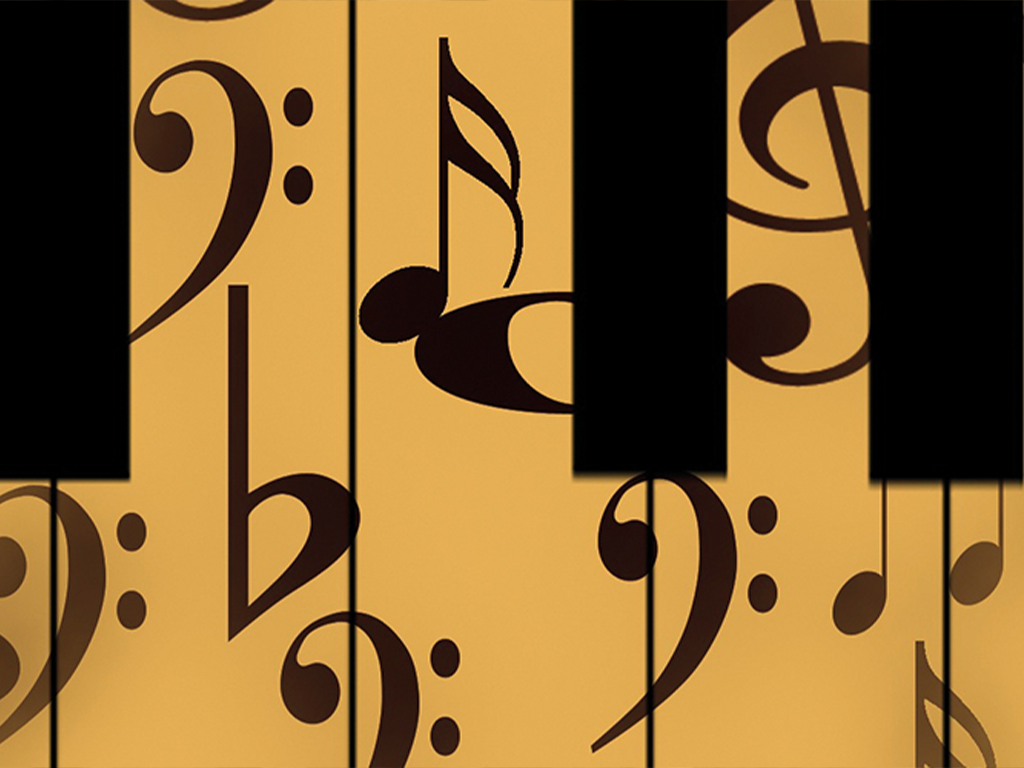
4670857 / 5560963
Kraft der Musik
Kommerz und Faszination
150 Helfer und Helferinnen haben das gleiche Ziel: Die Show im Jahr 2012 soll noch größer und spektakulärer sein als alle bisherigen, denn es ist das 20-jährige Bühnenjubiläum von DJ BOBO. Mehr als 4 Millionen Menschen haben seine Shows bereits gesehen. Die Fans lieben seine Musik, vor allem aber auch seine speziellen Bühnenshows und die besonderen Lichteffekte. Seine Hits und die immer wieder gigantischen Bühnenbilder animieren die Zuschauer zum Kauf einer Konzertkarte. Die Tournee dauert 7 Wochen und 8 Trucks, die mit 140 t Bühnentechnik beladen sind, fahren von Stadt zu Stadt. Nur etwa 12 Stunden bleiben zum Aufbau der riesigen Showbühne.
Hans Günther Bastian, Universität Paderborn hat fünf Jahre lang an Berliner Grundschulen geforscht (Bastian-Studie). Er fand heraus: Regelmäßiges Singen, zusätzlicher Musikunterricht und das Spielen auf Instrumenten steigerte den IQ und die Konzentration der Schülerinnen und Schüler. Während des Singens trainiert man das Gedächtnis, man lernt Sozialverhalten, erlebt Motivation und Freude und erreicht gemeinsam neue Ziele.

Curriculum-centred and oriented towards educational standards
Matching
Gleichstellung der Geschlechter
„Männer und Frauen sind gleichberechtigt.“, so steht es im deutschen Grundgesetz in Artikel 3. Doch leben wir tatsächlich in einer geschlechtergerechten Gesellschaft? Wie hängen die Begriffe Gleichbehandlung, Gleichberechtigung und Gleichstellung zusammen? Wie kann die Gleichstellung der Geschlechter erreicht werden?
Schönheit
Sie entsteht im Auge des Betrachters, dennoch ist sie messbar. Es gibt sie innen wie außen.





